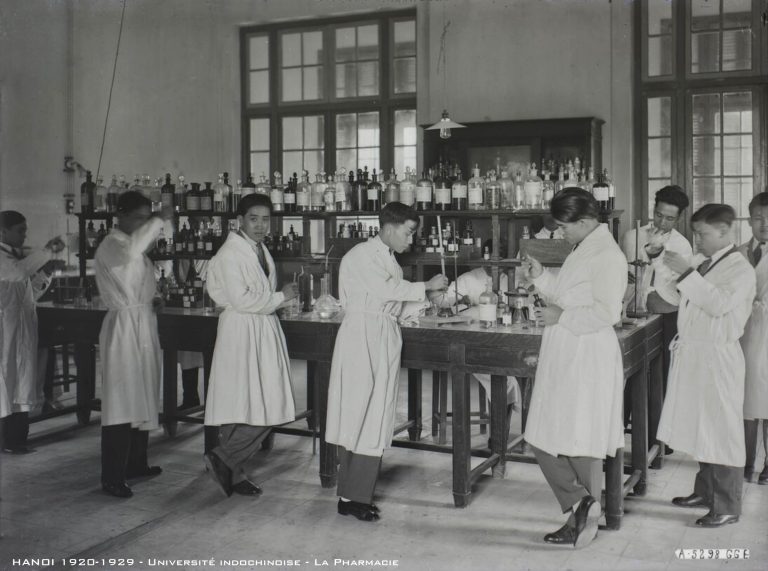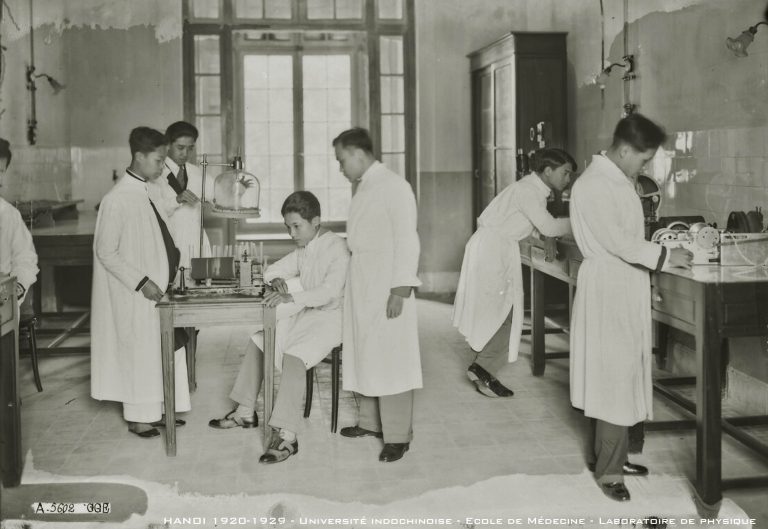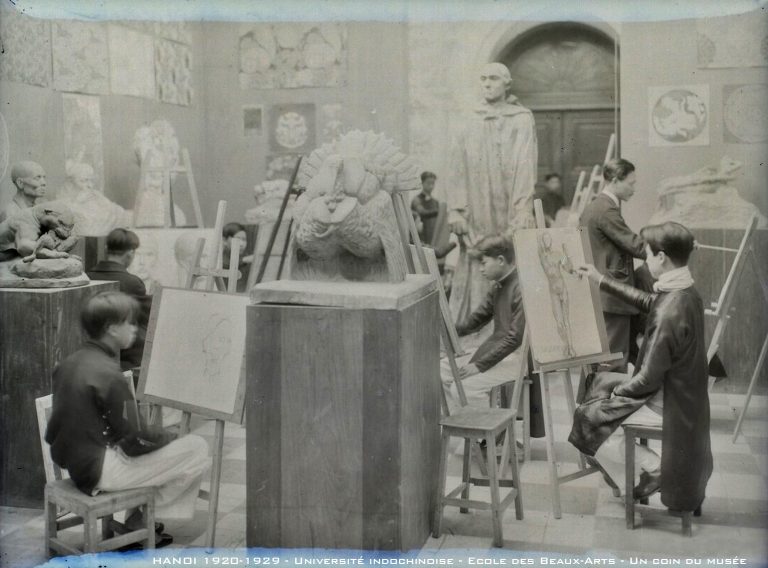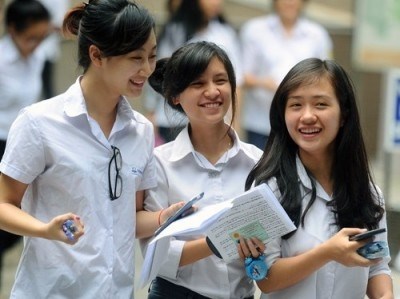Battambang (FN), Dec. 27 – the University of Battambang officially celebrated the inauguration of Confucius Institute on Thursday, 26 December 2019. The institute is located at the University of Battambang campus.The inauguration ceremony was presided over by Sar Sokha, secretary of state of the Ministry of Education, Youth and Sports, represented by Academician Hang Chuon Naron, Minister of Education, Youth and Sport. Confucius Institute of the University of Battambang is jointly established by University of Battambang (UBB) and Guilin University of Electronic Technology (GUET). There are two co-directors: Cambodian director is Dr. Sam Rany, and Chinese director is professor Dr. Wang Jianian.
Confucius Institute at the University of Battambang has four main objectives: first, to teach Chinese to the general public in northwestern part of Cambodia, secondly to train Chinese teachers, to prepare Chinese language exams, and to certify Chinese language teachers. Third, to consult on Chinese social, economic, cultural, and education, and fourth to provide Jointed-PhD program in China and to award a Young Leadership Fellowship.
Sar Sokha mentioned the diplomatic relations between Cambodia and China, which began on 19 July 1958, with the late King Father Norodom Sihanouk founding with Chinese leaders.
This path of communication has continued to be strengthened and expanded under the wise leadership of Prime Minister Hun Sen and has become a strategic and comprehensive link to being good friends, neighbors, brothers and partners.
Sar Sokha also mentioned the reform of the Ministry of Education, Youth and Sport for physical education and sports in preparation for the SEA Games in 2023, which Cambodia will host. Significantly, the Cambodian sports industry has been steadily improving; for example, athletes have been steadily gaining medals in the recent SEA Games.
Uk Sarun, under-secretary of state, a representative of Prak Sokhonn, minister of Foreign Affairs and International Cooperation has highlighted that Cambodia and China have a longstanding relationship since 13th century when Chinese envoy, Mr. Zhou Daguan, who visited Angkor for studying Khmer civilization in 1296–1297. When he returned to China, he wrote his dairy notebook that were crucial documents for the Cambodian history. He said that, the most remarkable relationship is, Prince Norodom Sihanouk and former prime minister Zhou Enlai had a first meeting in the Asian-African Conference in Bandung, Indonesia in 1955. This first meeting reached to exchange official visits of highest leaders of our two countries in 1956, and established Cambodia and China diplomatic relations on 19 July 1958. From that time, our two leaders has strived to maintain strong relationship and development and reach to set up “a comprehensive strategic partnership of cooperation Cambodia –China” on 13 December 2010.
Zuo Wen-xing, Charge d’Affairs of China’s Embassy to Cambodia stated that Confucius is a great thinker and educator in ancient China. Confucius' Confucianism has had a profound impact on the development of Chinese civilization for more than 2000 years, and it is an important part of Chinese traditional culture.
“The Confucius Institute, named after Confucius, not only has distinct Chinese characteristics, but also carries the good desire of China to strengthen cultural exchanges with the world and inherit the friendship between China and the people of all countries in the world.”
Since the establishment of the first Confucius Institute in the world more than ten years ago, the construction of Confucius Institute has developed rapidly. So far, 162 countries and regions have set up 550 Confucius Institutes and 1172 Confucius classrooms in primary and secondary schools. There are 69 countries In the United States, there are more than 2.
8 million Chinese students; in the United Kingdom, there are 200,000 Chinese students in more than 5200 primary and secondary schools, according to Zuo Wen-xing.
She also stated that the establishment of the Confucius Institute at the University of Battambang will certainly play a positive role in enhancing mutual learning between Chinese and Cambodian civilizations, deepening the friendship between the two peoples, and close cooperation in the fields of culture and education between the two countries, and making important contributions to inheriting the brotherly friendship between the peoples of China and Cambodia.
Dr. Ma Jianfei, deputy chief executive of Confucius Institute Headquarters has sent a congratulatory message to the Confucius Institute at the University of Battambang. He noted that both China and Cambodia have a long history and splendid civilizations, and the friendship between the two countries has been enhanced with the passage of time.
“Cambodia is one of the first countries to respond to the “Belt and Road” Initiative. China and Cambodia are strengthening their mutual political trust and expanding pragmatic cooperation in various fields,” he said.
“Cambodia has become China’s important trading partner and investment target country in Southeast Asia. Cambodia has become a major trading partner of China and is one of the target countries for business investment in all sectors in Southeast Asia,” he added.
Dr. Ma Jianfei hoped that the two universities would give full play to their respective advantages, cooperate sincerely and work together to consolidate the foundation of Chinese language teaching, carry out varied cultural activities, and strive to make the Confucius Institute a bridge for education, cultural exchanges and cooperation between the two countries, promoting mutual understanding and cementing the friendship between the people of China and Cambodia.
It should be reminded that Confucius Institute of the University of Battambang is the second institute in the Kingdom of Cambodia, which was approved by the Headquarter Confucius Institute at the end of 2018 after the Confucius Institute at the Royal Academy of Cambodia established in 2009. Confucius Institute of the University of Battambang will open to all students from Battambang with official enrollment from 2020. These majors such as Chinese, along with Information Technology, E-commerce, Tourism, Law, Engineering, and Agriculture.
=FRESH NEWS
Source: http://en.freshnewsasia.com/index.php/en/localnews/16316-2019-12-28-01-56-28.html


















